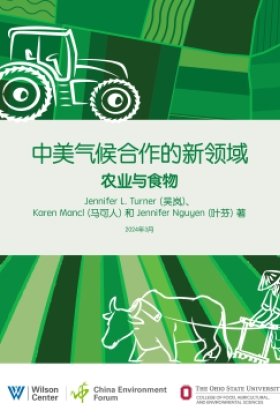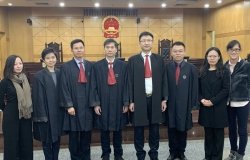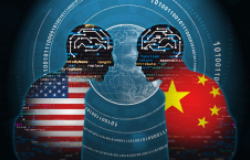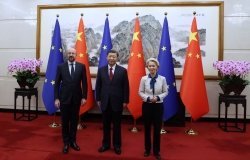Impact of the Current Financial Crisis on China
Ambassador Mei Zhaorong Vice Chairman, China Institute of International Strategic Studies; Former Chairman, Chinese People's Institute of Foreign Affairs
Overview
The global economic crisis, triggered by the financial crisis in the United States, has severely affected China, according to former Chinese ambassador to Germany, Mei Zhaorang. The fast pace of economic globalization and "informatization," which has facilitated large flows of international speculative capital and unregulated financial innovations and derivatives, amplified the global disaster beyond the financial sector. Mei examined the effect of these developments on China, and China's role in efforts at recovery, in a talk at the Woodrow Wilson Center on June 22nd.
He first described three aspects of the impact of the global economic crisis on China. First, the economic slowdown has negatively affected external demand for China's products, resulting in a fall in exports. Trade volume for the first five months of 2009 dropped by 24.7% compared with the same period in 2008. This has resulted in many unemployed workers and has also made it more difficult for nearly 6 million recent college graduates to find jobs. On the other hand, China's banking sector has been relatively unaffected since it had removed bad and stagnant debts as a result of recent reform measures. Second, the financial crisis has posed a threat to the security of China's foreign exchange reserves which are predominantly in U.S. Treasury bills. The depreciation of the U.S. dollar means that those assets are shrinking, and if the United States slips deeper into the crisis, then China will suffer heavy losses. Lastly, Mei noted that although the crisis has put pressure on China's economic restructuring, it has also provided motivation for this process. The government had to change some of its original policy lines, giving priority to employment and economic growth, and switching from a tight monetary policy to a relatively relaxed one. Mei contended that if properly handled, the crisis could provide a chance for China to accelerate the country's economic restructuring.
Mei then addressed the Chinese stimulus package that the Chinese have put forward which aims to expand domestic demand, stimulate growth, deepen reform, improve living standards, and define guiding principles. He then divided the package into four categories: (1) large investments to improve infrastructure construction and living standards, including a 600 billion RMB tax relief; (2) a wide-ranging industrial adjustment and rejuvenation plan for major industries; (3) intensive scientific and technological support; and (4) a substantial improvement of social security, including the income level of low-income groups. Mei referred to the fact that during the first months of 2009, investment in urban fixed assets rose by 32.9% compared to the same period in 2008, as evidence that the stimulus policies and measures have already taken effect. He warned that the foundation for this positive development is still shaky, especially since the weak external demand has remained unchanged.
The crisis has also posed challenges to China's foreign policy, according to Mei. Since reform and opening up, its foreign policy has focused on safeguarding national sovereignty, security and territorial integrity, and national economic construction. Now China is placing even more importance on economic growth, improvement of people's lives, and ensuring stability. Mei stressed that the international situation necessitates strengthened cooperation, but has been hindered by countries adopting trade restriction measures. In this, China has actively participated in the G-20 meetings and has played an active role in promoting economic growth, strengthening financial supervision, and fighting trade and investment protectionism.
Jointly tackling the financial crisis is one of the most pressing tasks in U.S.-China relations, Mei maintained. The leaders of the two countries have agreed to strive for a positive, cooperative and comprehensive relationship, In conclusion, he expressed confidence that the two sides could promote the sustainable and healthy development of China-U.S. relations by enhancing bilateral exchanges; strengthening communication, contacts and coordination on major international and regional issues; and deftly handling sensitive issues.
Hosted By

Kissinger Institute on China and the United States
The Kissinger Institute works to ensure that China policy serves American long-term interests and is founded in understanding of historical and cultural factors in bilateral relations and in accurate assessment of the aspirations of China’s government and people. Read more
Thank you for your interest in this event. Please send any feedback or questions to our Events staff.










